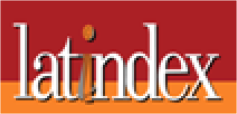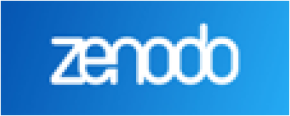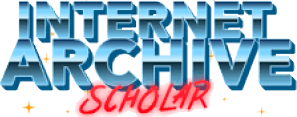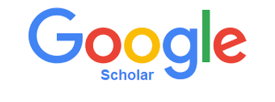Free software technology literacy in the community boards of sectors 1.2, 3 and 4 parish Caracciolo Parra Pérez city of Maracaibo
Keywords:
Technological literacy, free software, internet, community councilAbstract
Today it is necessary that society reflects and becomes aware of the good use of technologies from the diverse scenarios that are presented in the daily life of a Communal Council, because this allows to turn technology into a tool of social property, opens the way to the changes and transformations that these office automation tools exercise; they include a greater dynamism within the processes of generation and exchange of information. A practical way is to strengthen the training process to assume new challenges in the preparation and attitude before a technological world, through the use of tools such as: web browsers, text document editing, sending and receiving emails and the use of social networks. The advantages of the frequent use of free software cannot be forgotten; that is why the purpose of this research was to develop a program for training in the use of free software allowing the use of ICT and the Internet in the daily activities of the Community Councils of the Caracciolo Parra Pérez parish. The research is framed in the modality of feasible projects and was developed by fulfilling a series of stages: diagnosis, design, feasibility and execution. As a result, the formation of a new reflexive conscience towards the good use of technology and free software was obtained by the members of the Communal Councils.
Downloads
References
Área, M. (2000). La igualdad de oportunidades educativas en el acceso a las nuevas tecnologías. Políticas para la alfabetización tecnológica. Recuperado de: http://www.quadernsdigitals.net/datos_web/biblioteca/l_1400/ en Línea/8.pdf
Barrios, M. (2002). Manual de Trabajos de Grado de Especialización y Maestría y Tesis Doctorales. Venezuela: Universidad Pedagógica Experimental Libertador. Recuperado de: https://www.scribd.com/doc/59482717/UPEL-Manual-de-Trabajos-de-Grado-de-Especializacion-y-Maestria-y-Tesis-Doctorales
Constitución de la República Bolivariana de Venezuela. (2000). En Gaceta Oficial de la República Bolivariana de Venezuela Año CXXVII Caracas, 24 de marzo del 2000 Nº 5.453(Extraordinario). Recuperado de: http://www.ciemi.org.ve/pdf/constitucion_venezuela.pdf
Fresno, C. y Fernández, R. (s/f). La filosofía del software libre en las estrategias de utilización de la información y apropiación del conocimiento. Recuperado de:http://www.ilustrados.com/tema/9984/filosofia-software-libreestrategias-utilizacion-informacion.html.
Poder Ejecutivo de Venezuela. (2007). Proyecto Nacional Simón Bolívar. Primer Plan Socialista 2007- 2013. Caracas.

Downloads
Published
How to Cite
Issue
Section
License

This work is licensed under a Creative Commons Attribution-NoDerivatives 4.0 International License.







